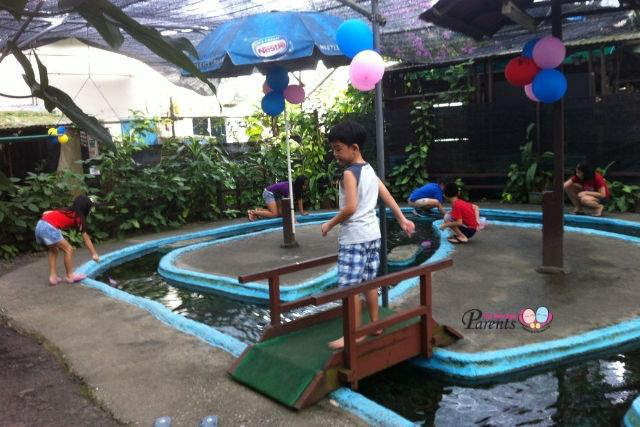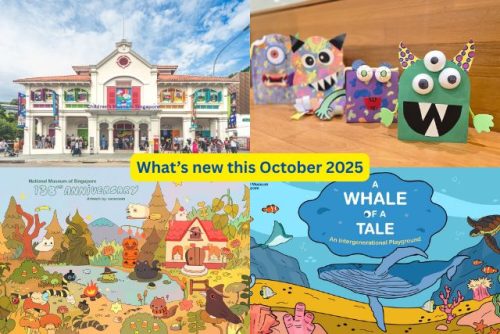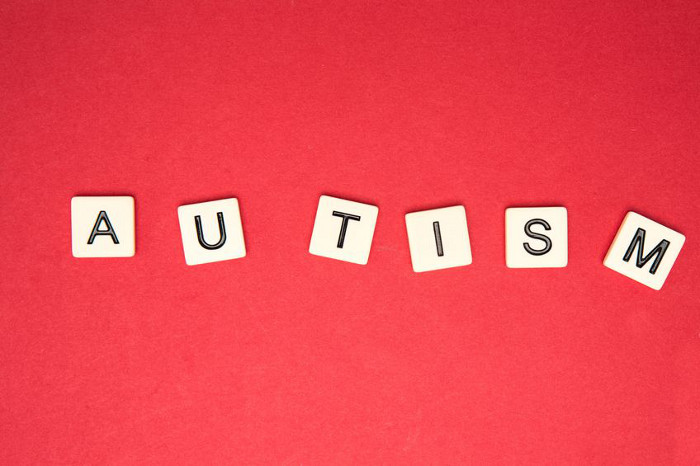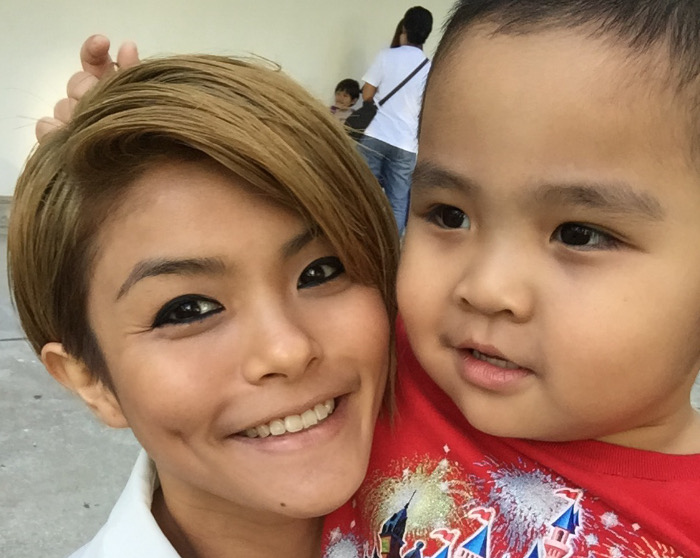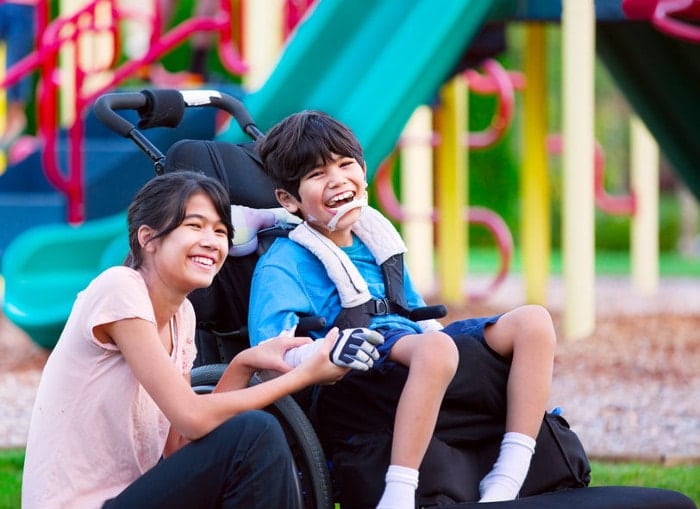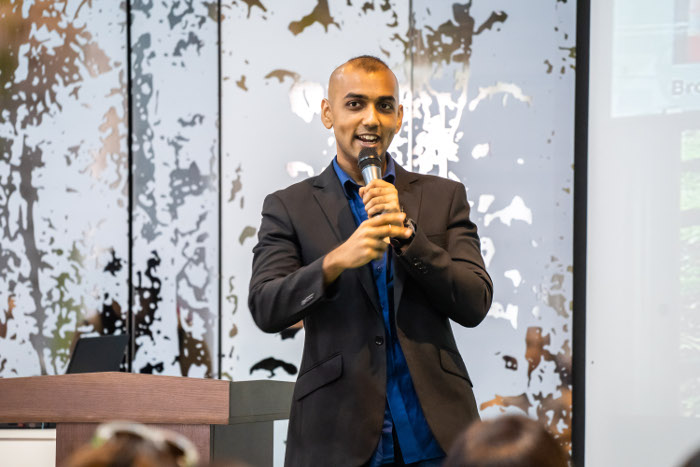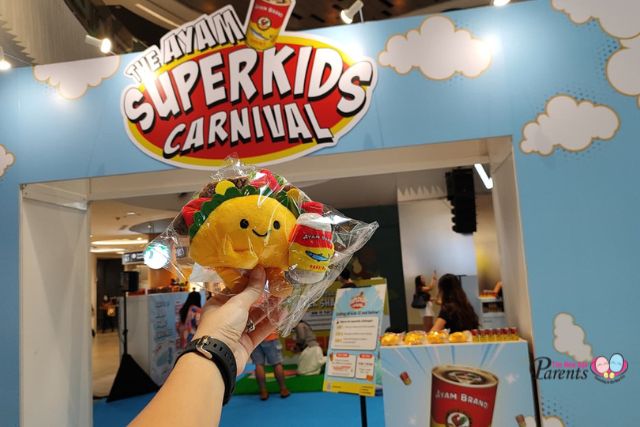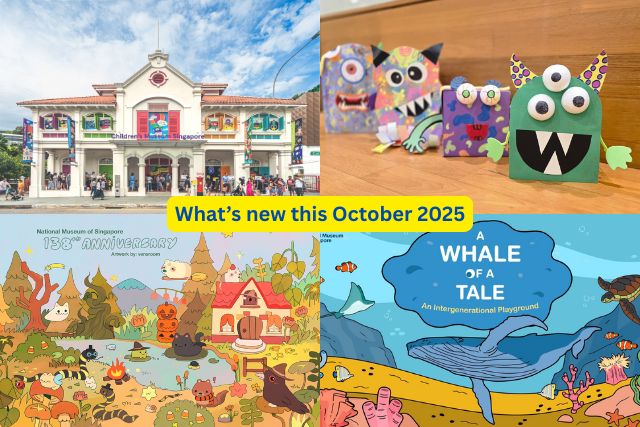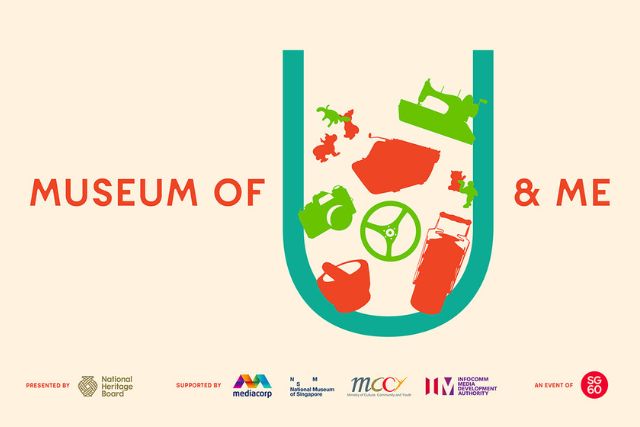Three Big Misconceptions Of Children With Special Needs
#1. “Children with special needs are mentally handicapped.”
Children with special needs, or generally known as children with disability, are those who experience prominent difficulty in certain areas such as physical movement, learning, communication and interaction.
Common special needs include physical disability, impairment of hearing, speech and sight, learning difficulty (e.g Dyslexia), Autism, Attention Deficit Hyperactivity Disorder (ADHD), Emotional Disturbance and Intellectual disability.

Not all children with special needs have low intelligence.
In fact, the majority of individuals with learning disabilities have average to above-average intelligence. Their low academic achievement in certain areas could be due to their impairment. In fact, gifted students are part of this group of special people!
#2. “A hyper active child has ADHD and an anti-social child is Autistic.”
Attention Deficit Hyperactivity Disorder (ADHD) is a neurobiological condition that reflects a persistent, frequent and severe display of inattention, impulsivity, hyperactivity, or combinations of each.
Autism Spectrum Disorder (ASD) is a developmental and behavioural disability that is present at birth which significantly affects a child’s verbal and non-verbal communication, social interaction and in certain cases educational performance.
To determine if a child has ADHD or ASD, professional diagnosis is required. If a child shows signs of hyperactivity or lack of communication and social skills, parents can approach their family doctors or GP for referrals for assessment conducted by qualified multidisciplinary teams from KK Women’s and Children’s Hospital’s Department of Child Development.
Alternatively, they can approach Child Guidance Clinic (CGC) at Health Promotion Board Building or the Autism Resource Centre (Singapore).
#3. “These children can never reach their fullest potential.”
It is not impossible for these children to succeed.
Although children with special needs may face difficulty in learning independently, these difficulties can be overcome with support and appropriate guidance and intervention.
It is hence important to allow early intervention, where education and services are targeted at compensating the lack of abilities during a child’s preschool years, when they are developmentally most receptive period for learning.
Parents and educators should celebrate their small successes, even as they gradually navigate towards greater successes. There many individuals with special needs who are successful and independent. One example is Ms Oh Siew May.
The Challenges

Identifying a child with special needs early and providing early intervention
It is a challenge identifying a child with special needs because while physical signs are obvious for physical impairment, those in relation to learning disabilities such as Dyslexia can only be observed when a child is in the later period of preschool to primary school years.
It is also difficult differentiating between developmental delay and disability, where the child may be merely delayed in developing in certain areas such as language skills or social-emotional domains.
Without definite identification of a child with special needs, the potential of the need to provide early intervention to help the child is hence delayed.
However, one compensatory effort to help bridge this challenge is the support of parents and caregivers to be alert and look out for any early signs, and to follow up immediately with professionals when signs become a concern.
Lack of resources and support
Although there are resources available in Singapore to assist parents of children with special needs, there is still a lack of sufficient resources and support that cater to the different needs.
Both parents and educators are also not well-equipped to help these children gain independence and learning skills and a large amount of reliance is still on the external providers, which may incur high expenditure and hence increase stress within families.
Fortunately, efforts are currently being made both by the government and activists to increase resources and support.Click here for list of support groups in Singapore.
Creating Greater Public Awareness and Acceptance
Just as we are accepting of cultural differences and are willing to learn about the different traditions and heritages, we should also be open to understanding the various special needs.
When we see a child on the bus perhaps overly fidgety or loud, are we too quick to be judgemental about the parent, or are we ready to consider the challenges that the parent may already be facing?
Let us move towards being an inclusive society.
For more information, visit Special Needs Education in Singapore.
By Melisa Neo.
* * * * *
If you find this article useful, do click Like and Share at the bottom of the post, thank you.
Like what you see here? Get parenting tips and stories straight to your inbox! Join our mailing list here.


















